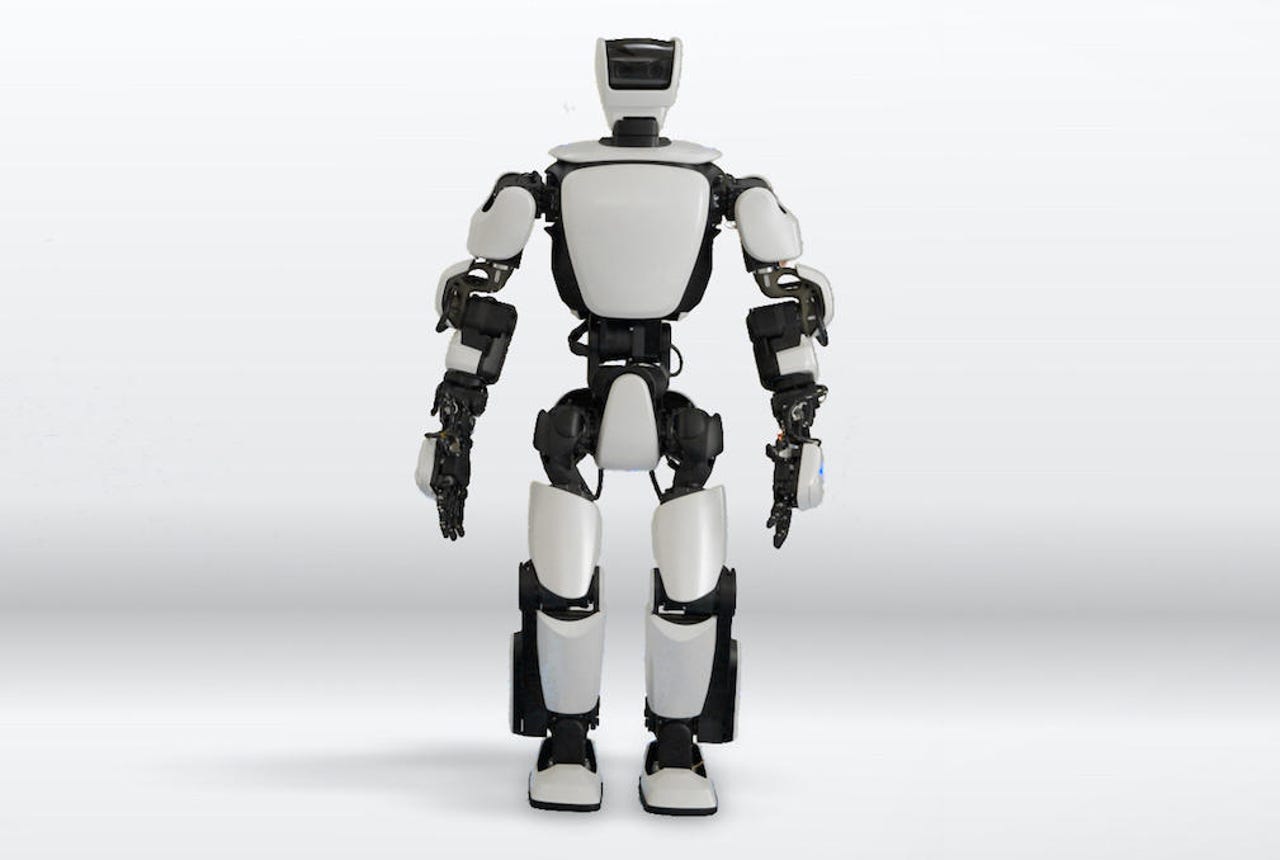Robophobia: 3 reasons companies are squeamish talking about robot adoption


As a tech reporter, I'm used to companies tripping all over themselves to tout their use of the latest and greatest technology to streamline operations and increase shareholder value. But there's a notable exception: Many companies do everything they can to avoid talking about how they use robots.
In fact, I've come to expect the awkward moment when the company representative I'm speaking with for a story probingly inquires how exactly I plan on portraying the robots.
To help me unpack the wariness, I reached out to John Santagate, research director in service robotics for market intelligence firm IDC. Santagate believes there are three reasons it's difficult to get users of commercial service robotics to publicly speak about their use cases.
Must-see offers
"Robophobia," explains Santagate by email. "Companies are afraid that if they socialize their use of robots they will face backlash from the portion of society that believes that robots are taking jobs."
Most companies that are willing to speak publicly about their use of robots will couch the conversation by explicitly drawing attention to how robots make life easier for human employees rather than take away jobs.
"Companies don't want to face negative PR over the jobs aspect of robotics."
But fear of backlash is only one part of the equation. Many operations managers may also be worried that an automation deployment will fail to produce the hoped for ROI.
"Its new technology and the user is afraid to talk about it for fear of egg on their face in the instance that things don't work," writes Santagate. I would also add that those that made a decision to buy without doing strong due diligence may feel afraid that by exposing their use they may come to find out that another vendor does the same processes but better, making them look foolish."
This is especially likely in industries that are just adopting automation for the first time, such as light manufacturing and many lab-based physical science sectors.
Of course, not all secretiveness is motivated by fear. Because robots are so new in industries like retail and logistics, there's also a competitive advantage argument to keeping cards close to the vest. But Santagate believes that's flawed thinking.
"Many companies believe their use of robots will give them a competitive advantage and they want to keep that to themselves. The problem is, its not a competitive advantage. The tech is widely available, and its likely direct competitors are looking into or have deployed the same."
Santagate would rather see companies open up about their use of robots, which could help spur further development and innovation in various industries that are beginning to use automation.
"Top performers are actually talking about their use of robotics as a way to generate business," Santagate writes. "Just look at DHL."
Until more companies follow suit, robotics reporters and analysts will have to weather the scrutiny of suspicious company executives to extract information about robots in use today.